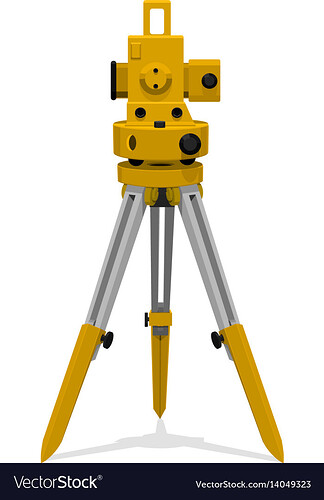I’ll be that guy this time, since no one else has said it yet.
Ego is an actual term with a history. It’s not just about what it means to me.
The word actually objectively has a set of usages and contexts associated with it.
Etymologically, the term literally means ‘the I’.
One of those who most popularized the term in modern times was Sigmund Freud, creator of psychoanalysis and forefather of modern psychotherapy. In Freud’s theory of mental structure, the mind had three parts (or more precisely, it had three ‘functional domains’): Id, Ego, and Superego. The Id was that repository of primal drives and unregulated root instincts that fuels our passion for life and living. The Superego was the moral and societal function; the internalizations of the rules, ethics, and standards of the larger group. The Ego was that mental principle of conscious perceiving and decision-making that had the desperate task of reconciling the tension between those two extremes. Pleasure or Propriety??!!! Which do I choose?!!!
In Buddhism, Ego refers to the object and focus of the Buddhist’s main project. It is a falsely-concretized sense of permanent, separate subject-position. According to Buddha dharma (or Buddhist phenomenological principles), our sense of the permanence and separateness of this point-of-view that we call ‘I’ is what causes the greatest amount of suffering in life. If we can learn to accept the dynamic and ultimately transitory nature of this seemingly permanent "I’, we relate to the flow of life in a much more skillful manner. Hard to do though, because our instincts and programming tell us to pretend its permanent as if our lives depended on it. So they come up with all kinds of ways to loosen up that Programmed Desperation of the Permanent Ego.
So, in that regard, Ego is basically ‘the self’ and ‘the sense of self’.
In common, colloquial usage, the way most people use the word ‘ego’ would be better expressed as ‘self-importance’ or ‘aggrandized ego’. But usually people drop the ‘aggrandized’ and just say ‘ego’ for short.
In my opinion, ‘ego’ is actually not a vague term. It’s just that people tend to use it vaguely.
It’s the people who are vague, not the term.
This little joint is called a Theodolite.
It’s a piece of surveying equipment used to measure the horizontal and vertical angles between points (thanks, Google).
If you give me that tool and tell me to use it, I’m going to use it extremely vaguely. Because I don’t know how the hell it works. Barely knew the name until I looked it up just now.
A surveyor, on the other hand, is going to be quite precise and straight-forward in how she uses it.
It’s not the tool that’s vague here; it’s me. 




 )
)

